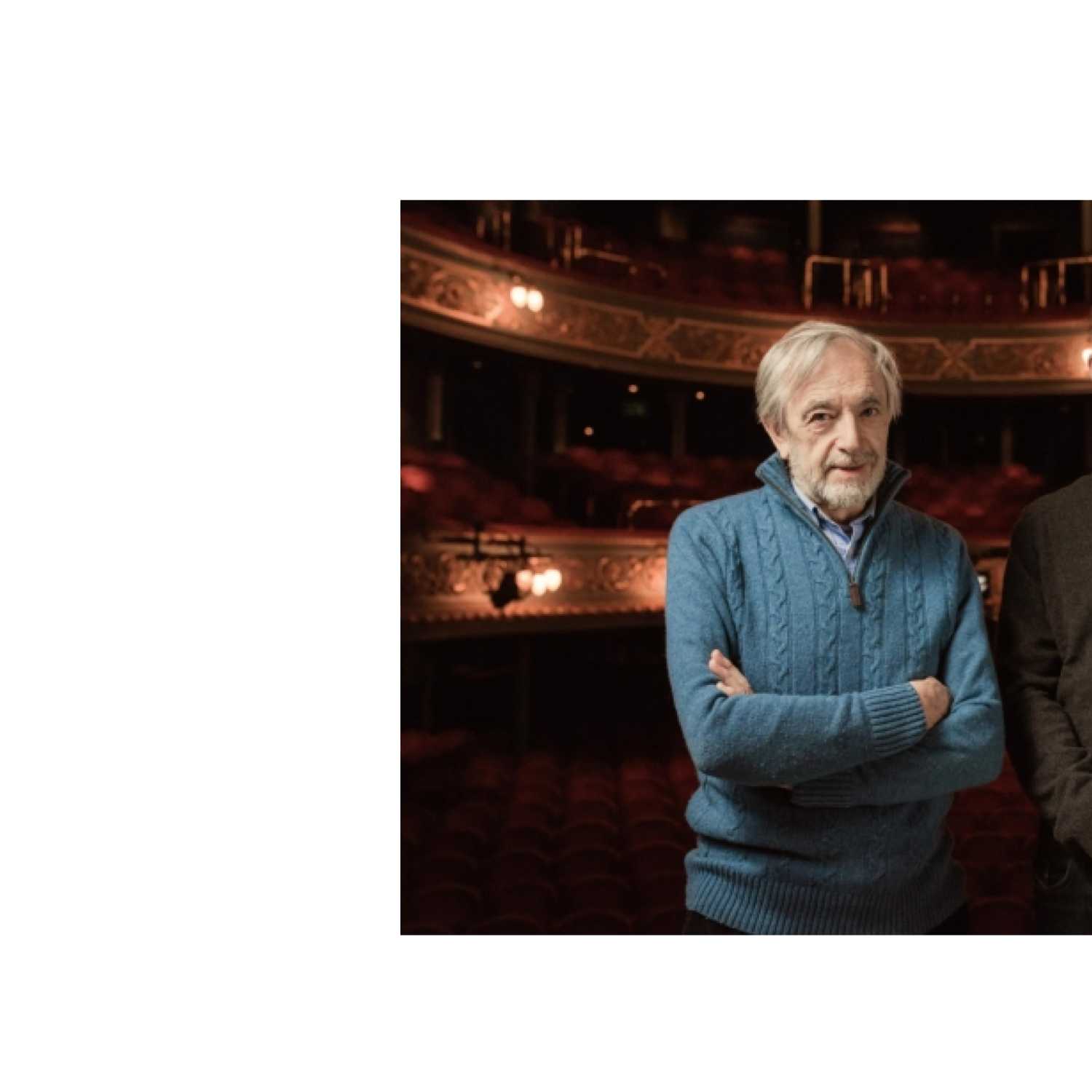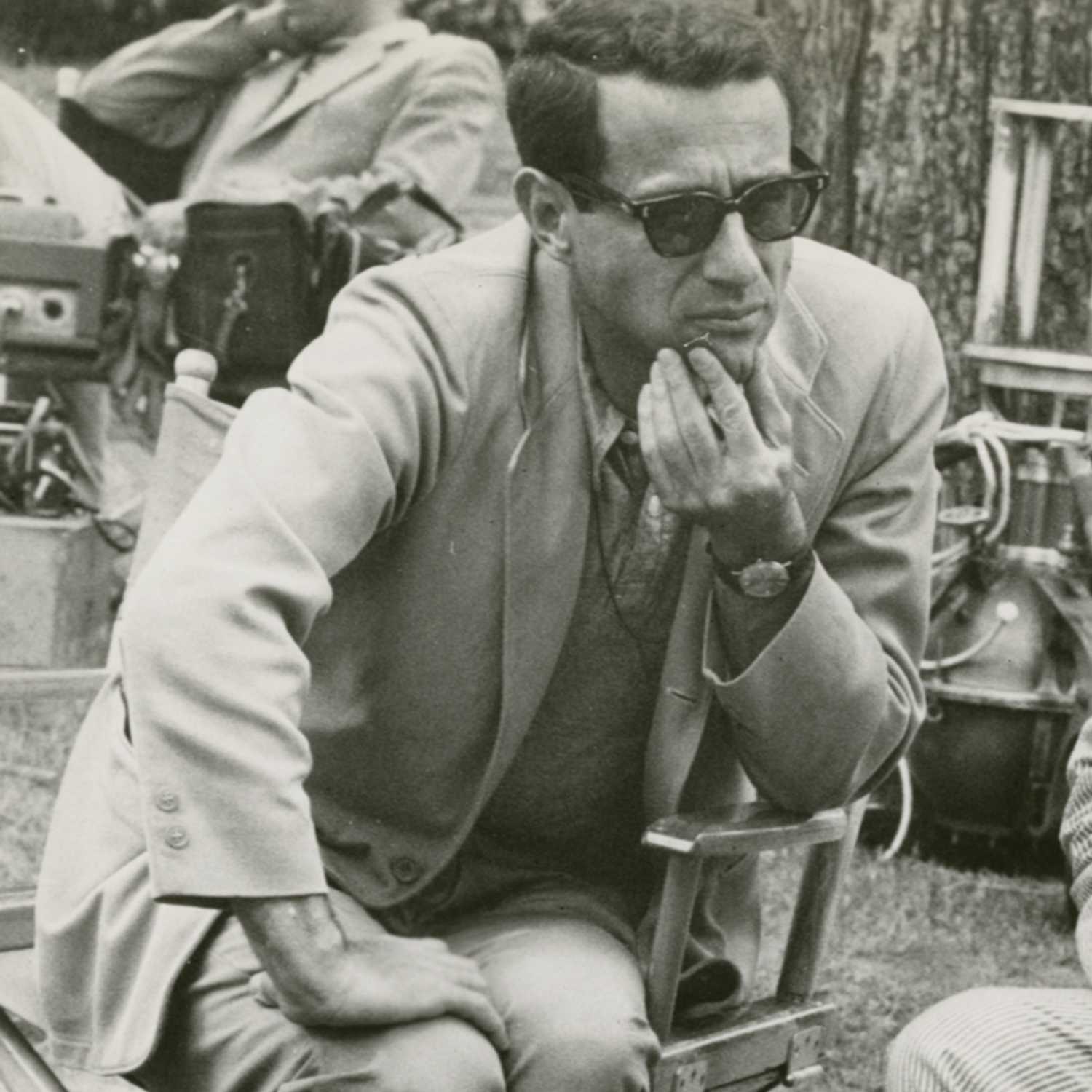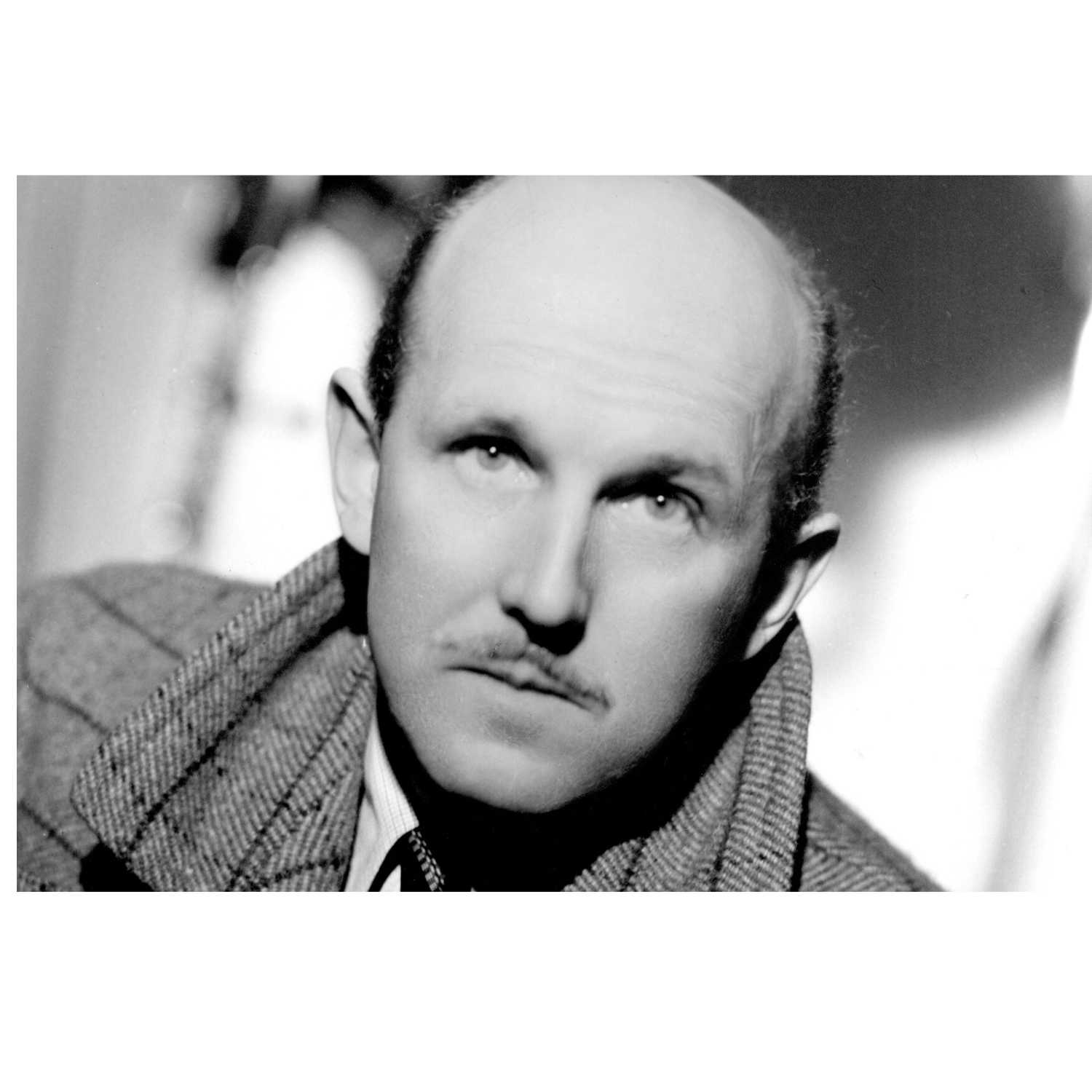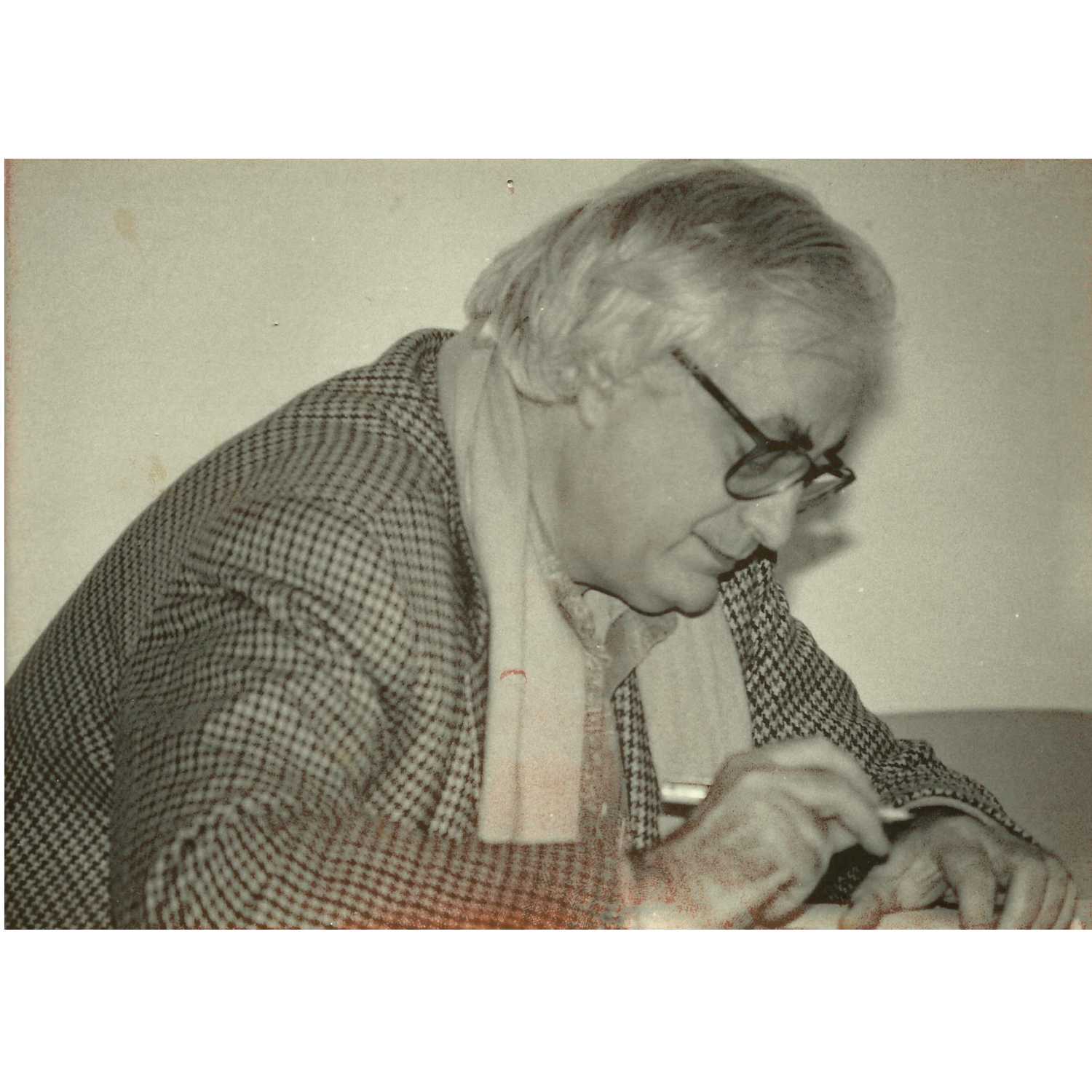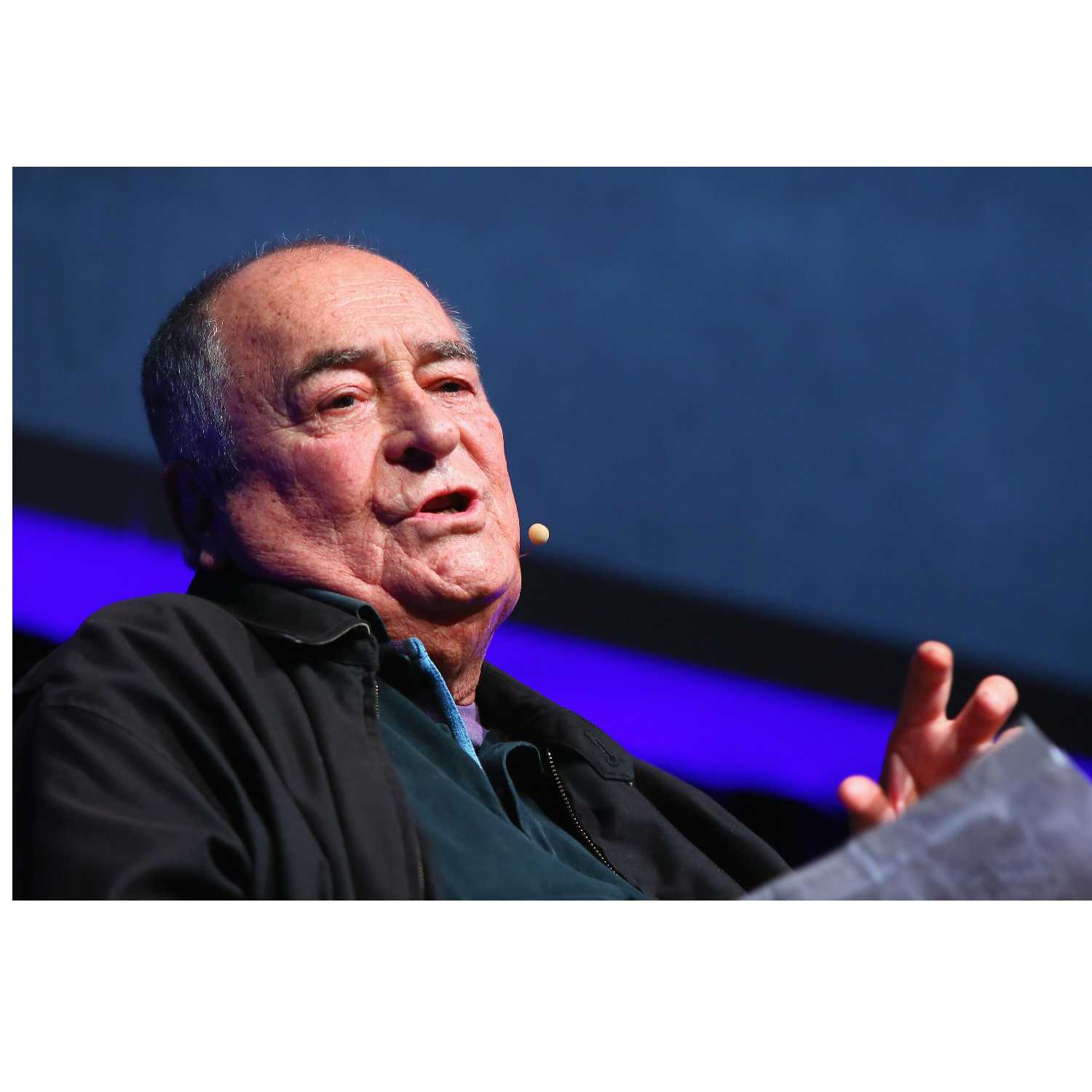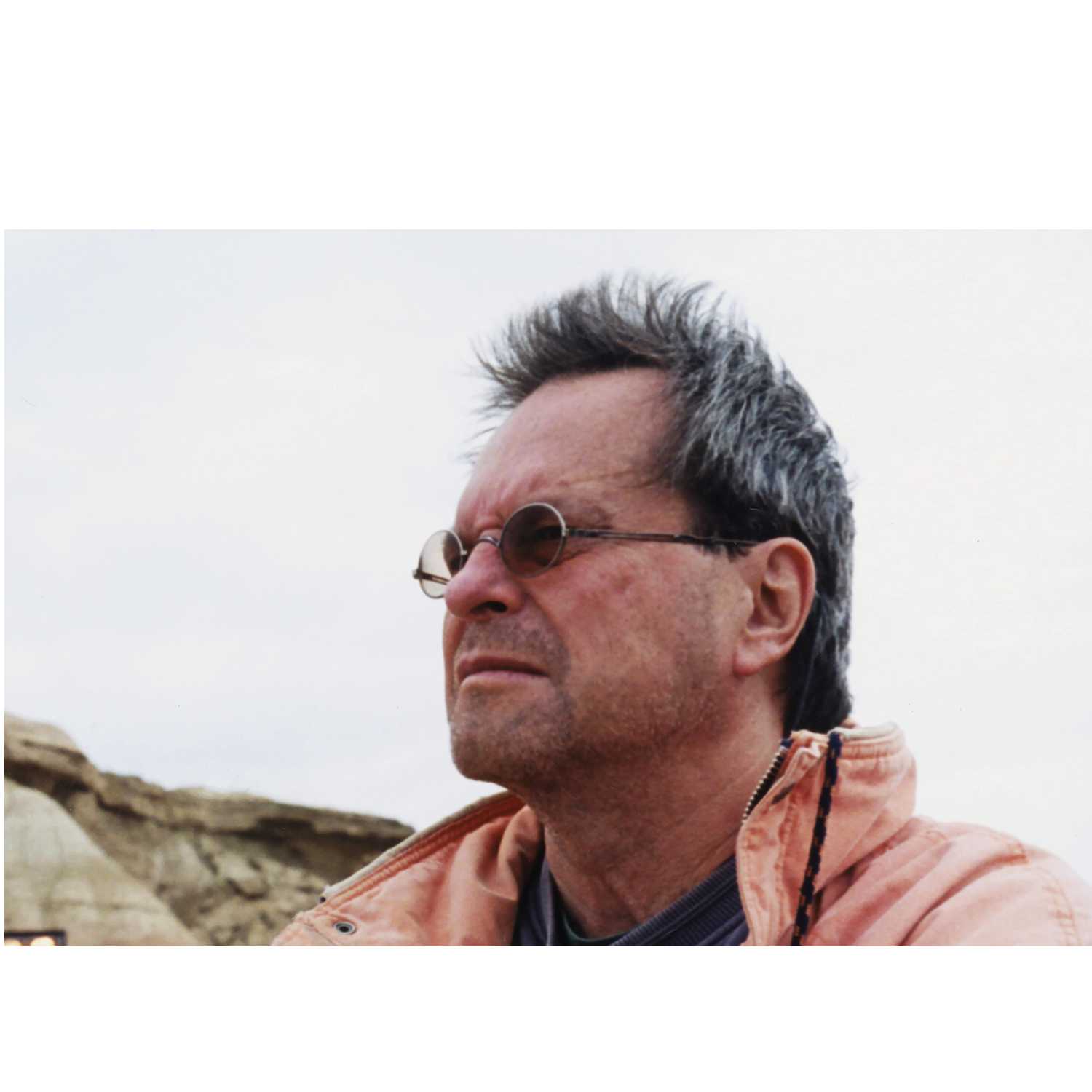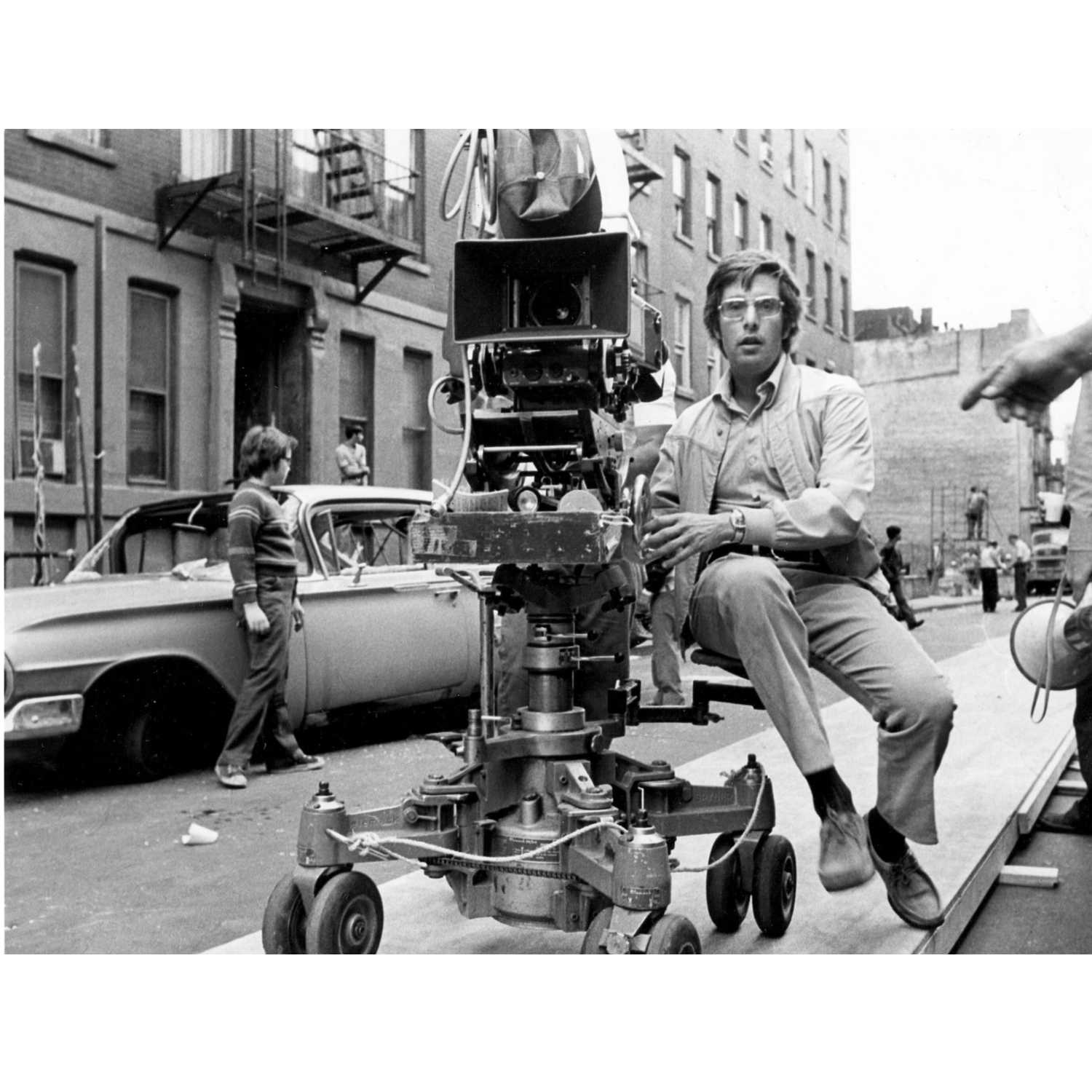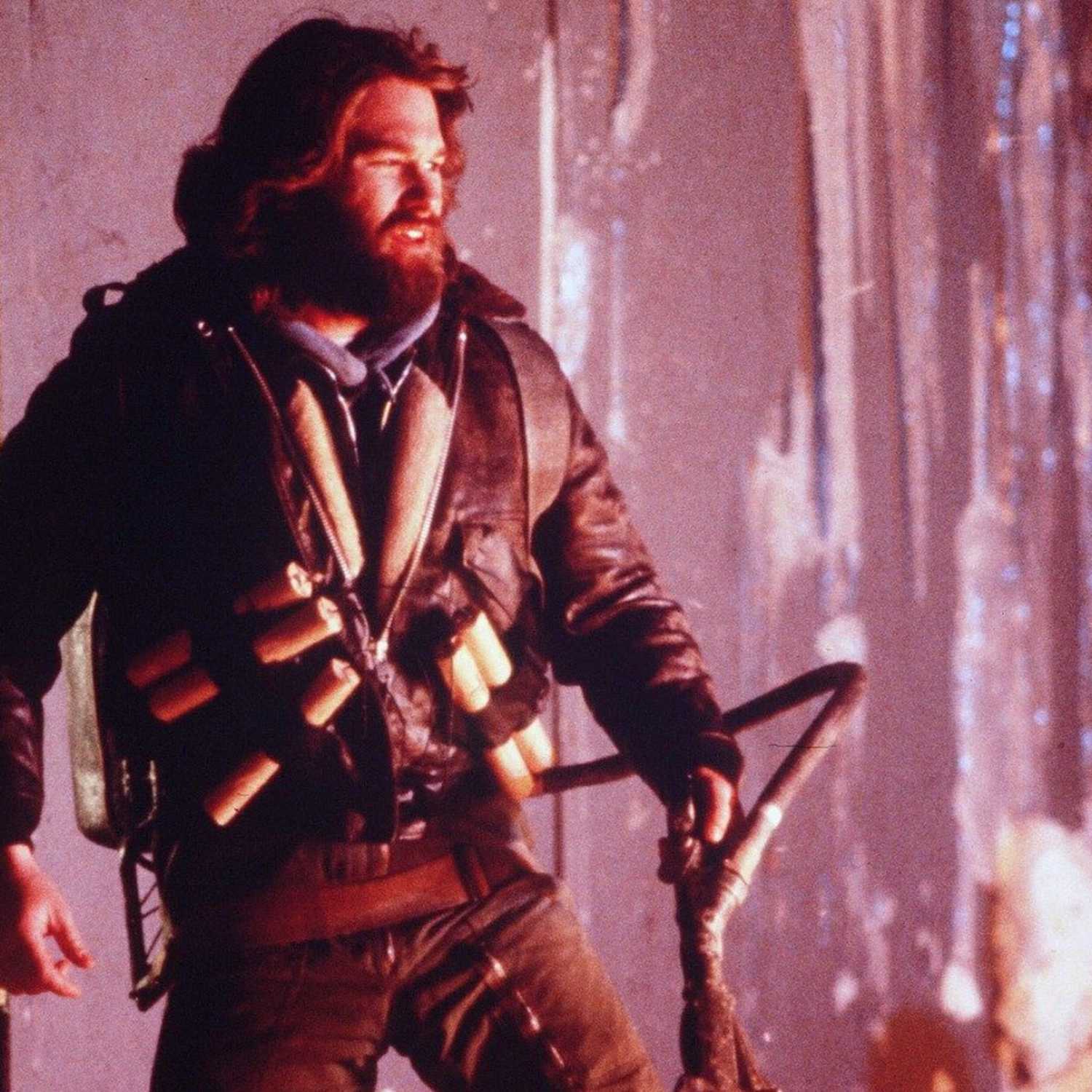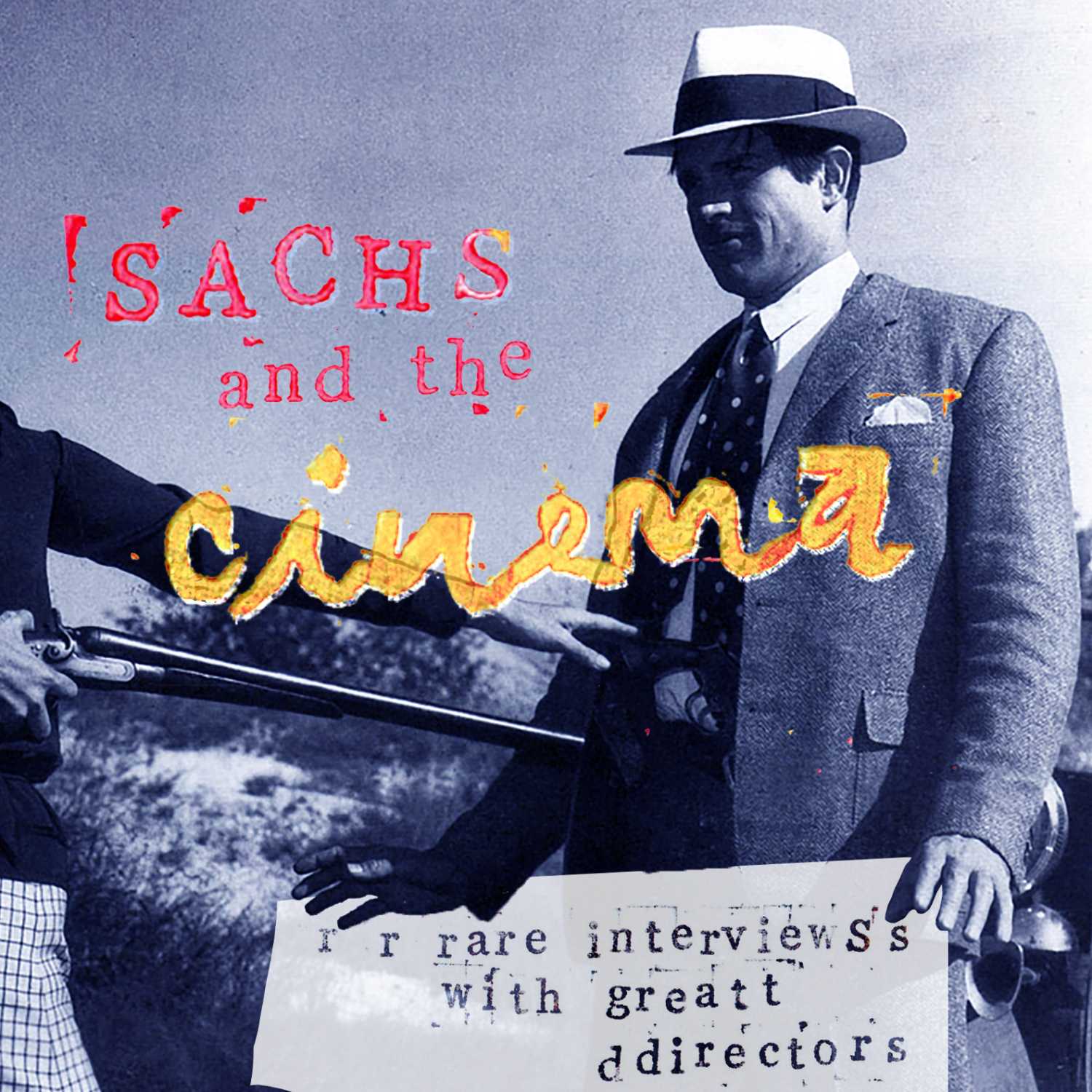Discover Sachs and the Cinema
Sachs and the Cinema

Sachs and the Cinema
Author: Lloyd Sachs
Subscribed: 1Played: 0Subscribe
Share
© Lloyd Sachs 2022
Description
Rare, never before heard interviews from the 1980s with great film directors including John Carpenter, Bernardo Bertolucci and British visionary Michael Powell. A reboot of critic Lloyd Sachs' long-running feature on Chicago radio.
9 Episodes
Reverse
When Bill Forsyth was turning out gems in the 1980's, first quirky Scottish films like "Local Hero" and then offbeat Hollywood productions like the Burt Reynolds vehicle "Breaking In," we had reason to look forward to him enjoying a long and successful career. Things didn't work out that way, alas. In spite of strong reviews for "Breaking In" and "Housekeeping," commercial success eluded him in America. And then his cosmic Robin Williams drama "Being Human" was universally panned– after which, save for a so-so sequel to "Gregory's Girl," his "marvelously cockeyed" coming of age comedy, as one critic described it, he disappeared from the scene. But when I spoke to Forsyth in Chicago in 1981, he was riding a wave of enthusiasm for "Gregory's Girl," which was just out. In our chat, he talks about how he went from school dropout to filmmaker, the lessons he learned from the French New Wave – and his hopes for the future.
"There's nothing more pathetic than the level of emotion in films like Star Wars." When Arthur Penn said that during our 1985 interview, which you can hear on the latest episode of Sachs and the Cinema, he did so as a director who got carved up critically himself – for Bonnie and Clyde, now regarded as one of the masterpieces of American cinema. Regarded as an intellectual artist – in a good way! – he turned out other gems including Mickey One, Little Big Man, Alice's Restaurant and Night Moves. But he increasingly found himself frustrated by Hollywood's dumb-down ways and spent much of his later period in the theater. Hear him candidly discuss his experiences during a trip to Chicago to promote the espionage thriller Target.
No one, but no one, made movies like Michael Powell, the visionary British director known for such classics as The Red Shoes, Black Narcissus, and, most infamously, Peeping Tom. With his Hungarian screenwriting partner Emeric Pressburger, he took you places only he could imagine, whether turning a British backlot into the Himalayas or staging a courtroom trial in heaven. It was a thrill to chat with Powell in Chicago back in 1986, when he was in town working on his memoirs while his wife the great film editor Thelma Schoonmaker worked on his friend Martin Scorsese's "The Color of Money." If you've seen his films, be prepared to watch them again!
Bertrand Tavernier was such a prolific, stylistically wide-ranging, consistently inspired artist, when he died in 2021, it seemed like the world of cinema had lost four or five great directors. No one had his stylistic reach, which extended to war dramas, policiers, period pieces, sci-fi and the jazz classic Round Midnight. One of film's last true craftsmen, he shot everything with both a deep respect for the Tradition of Quality in France and a bold sense of adventure. During his visit to Chicago in 1981, we talked about Coup de Torchon, his risky transformation of a '60s novel by pulp master Jim Thompson into an edgy noir set in French colonial Senegal. We also talked about the French mastery of stealing from American films.
With great films such as "The Conformist" and "Last Tango in Paris," Italian director Bernardo Bertolucci drew rave reviews in the face of controversy. But with his 1979 melodrama, "Luna," in which an American opera singer has an incestuous relationship with her drug-addicted son, Bertolucci took a critical drubbing. Vincent Canby of the New York Times called the film, "the work of a good poet on an absolutely terrible day." In my talk with him from 1979, the late auteur says critics missed the humor in "Luna," and discusses other films of his including "1900."
Few directors have dined out on conflict the way Terry Gilliam has. Just about every film by the American-born Monty Python animator, from his masterpiece "Brazil" to his forever-in -the-making "The Man Who Killed Don Quixote," has run into trouble: money trouble, studio heads insisting he make his films shorter and happier, even a torrential flood. But fighting for his art in sometimes sly ways, he has delivered some of the most original films of his era, among them "Time Bandits," "The Adventures of Baron Munchausen" and "12 Monkeys" – and, of course, "Monty Python's Meaning of Life." We spoke when he came to Chicago in 1995 to promote "Brazil," which required all of his wiles to get released in America without forced changes.
I talked to William Friedkin in 1985, when he returned to his hometown of Chicago in the hopes of getting get back on the winning commercial track with his new thriller, "To Live and Die in L.A." Starring Windy City actor William Petersen as Secret Service Agent Richard Chance, the film was Friedkin's West Coast take on "The French Connection" with its breathtaking chase scenes and obsessed protagonist. A straight-talker, Friedkin openly discusses his hits and misses and living in L.A.
More than 40 years after the making of "Halloween," John Carpenter is still best known for that game-changing film, and the franchise that keeps going and going. But with films like "They Live," "The Thing" and "Christine," he compiled an original body of work in and out of the Hollywood system. We chatted in 1986, when he came to Chicago to talk up "Big Trouble in Little China," his kung fu comedy, starring his frequent leading man, Kurt Russell.
During the late '70s and early '80s, critic Lloyd Sachs hosted the popular weekly film segment, Sachs on the Cinema, on Chicago radio. Under that banner (a wry take on the old Playboy magazine feature, "Sex and the Cinema"), he presents an eight-part series of relaxed, unscripted, never before heard interviews from the 1980s with great directors including John Carpenter, Bernardo Bertolucci, Arthur Penn and British visionary Michael Powell. Recorded in the Windy City in hotel rooms and restaurants on Sachs' trusty cassette recorder (forgive the police sirens and ringing phones!) these interviews put you in the room with these outspoken artists, who discuss their hits as well as their misses with great candor.


